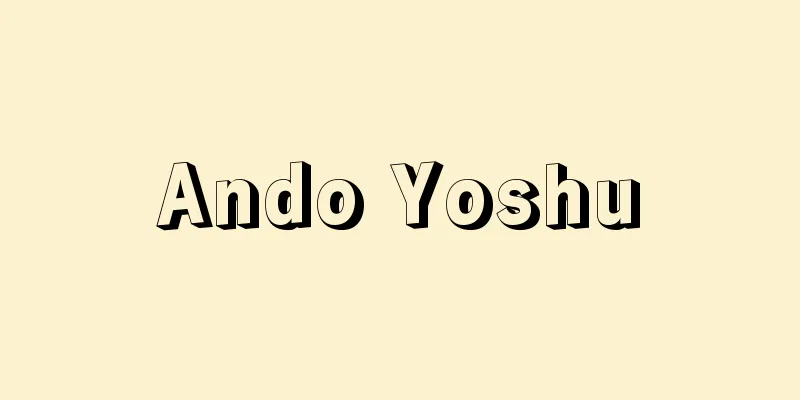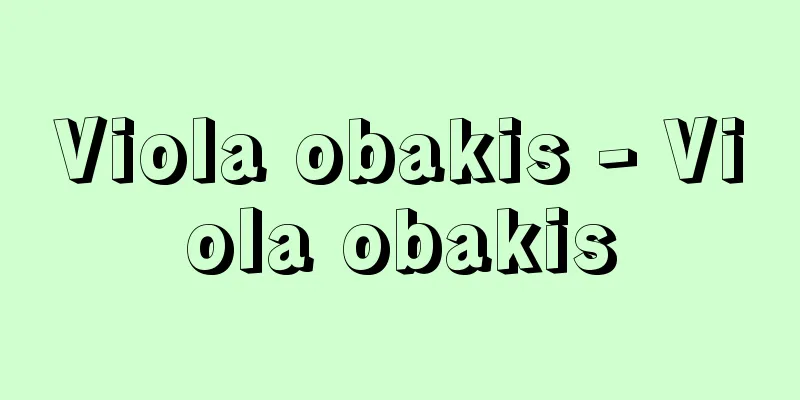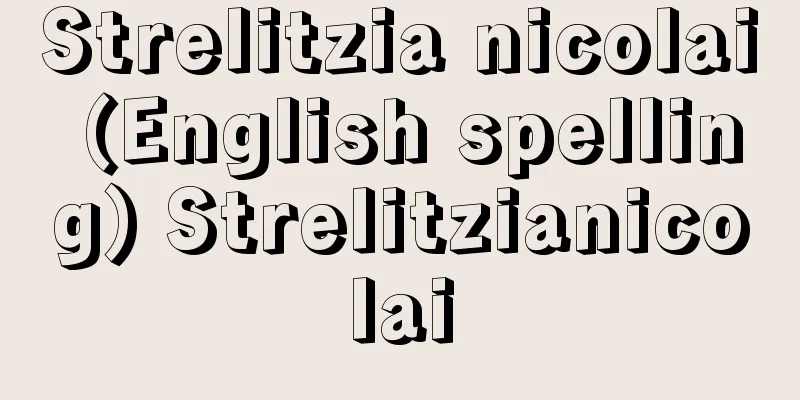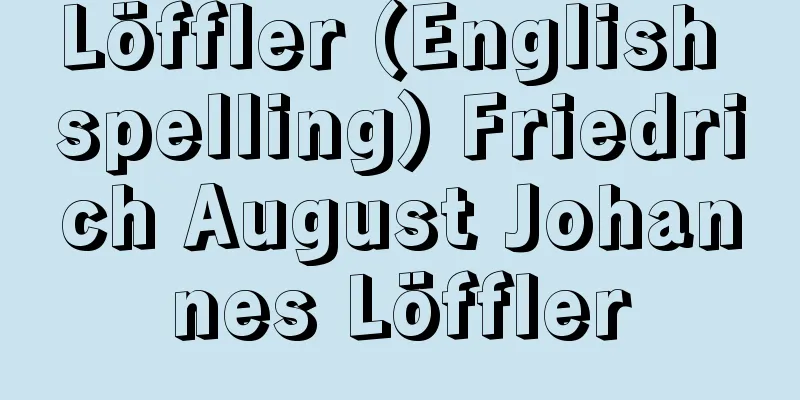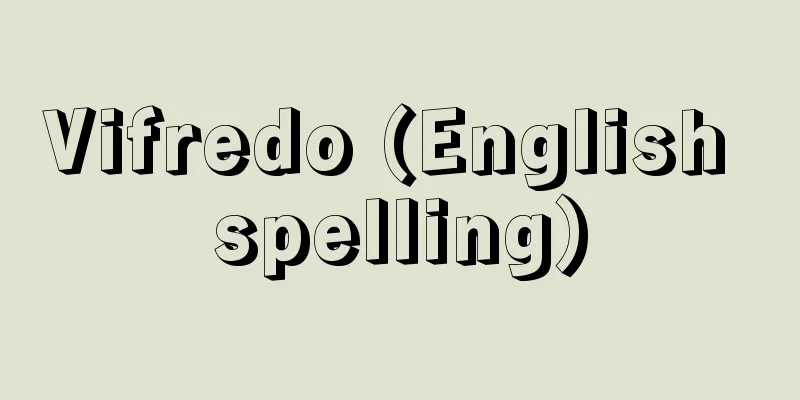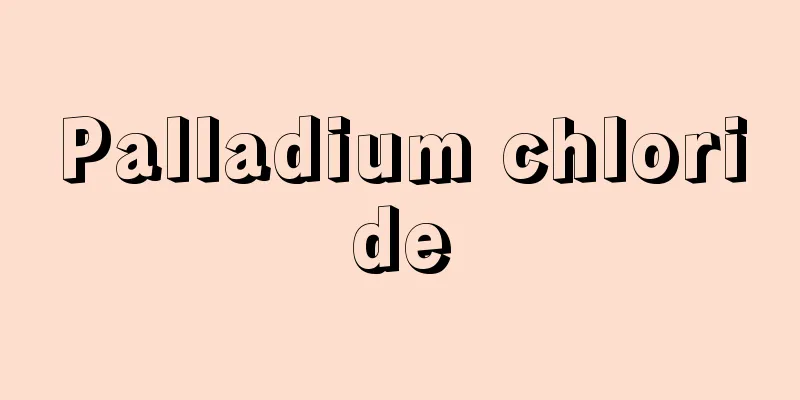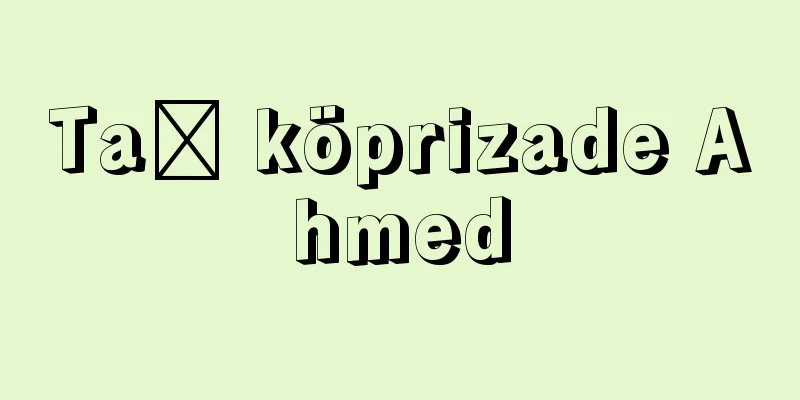Heinroth, JCA (English spelling) HeinrothJCA

|
…It is also called psychosomatic medicine. The fact that the mind affects the body was known even in Greek philosophy, as represented by Plato and Aristotle, but the term "psychosomatic medicine" was first used in 1818 by German psychiatrist Johann Christian August Heinroth (1773-1843), and the term "psychosomatic medicine" was used in 1922 by Austrian psychoanalyst F. Deutsch. Modern psychosomatic medicine progressed in the 1940s, and was introduced to Japan shortly after World War II. … From [Psychiatry]...In any case, Pinel acted as a reformer of psychiatric hospitals, and in 1801 he wrote "Medical-Philosophical Treatise on Mental Diseases," and is considered the "father of modern psychiatry." As mentioned above, the term "Psychiatrie" (psychotherapy) was coined in 1808, and three years later, the first chair of psychiatry (officially psychische Therapie) in Europe was established at the University of Leipzig in Germany, with JCA Heinroth appointed as professor. In this way, psychiatry gradually gained a certain foothold in clinical medicine, but it was not until around 1850 that the term came to refer to an academic system in the modern sense, when university medical schools across Europe began to establish it as a necessary chair. ... From Romantic Psychiatry...Therefore, this school of thought is sometimes called the Psychiatrists. The two central figures were JCA Heinroth (1773-1843) and KWIdeler (1795-1860). The former advocated a theological approach that placed great importance on human sin, while the latter took a life history approach based on unsatisfied passions. Both were fiercely attacked by the Somatikers, who emphasized anatomical and physiological aspects, and a lively debate ensued between the two schools. In the second half of the 19th century, as the field of psychiatry began to demand scientific rigor, the influence of romantic psychiatry rapidly declined, and the initiative was handed over to the Somatikers, including Griesinger. *Some of the terminology referenced in "Heinroth, JCA" is listed below. Source | Heibonsha World Encyclopedia 2nd Edition | Information |
|
…精神身体医学ともいう。プラトンやアリストテレスに代表されるギリシア哲学においても,精神が身体に影響をおよぼす事実は知られていたが,〈精神身体医学的〉という言葉は1818年に初めてドイツの精神医学者ハインロートJohann Christian August Heinroth(1773‐1843)によって用いられ,〈心身医学〉という用語は1922年にオーストリアの精神分析学者ドイッチュF.Deutschにより使用された。現代のような心身医学は40年代に入って進歩し,それが日本に導入されたのは第2次大戦後間もなくのことである。… 【精神医学】より…いずれにせよ,ピネルは精神病院の改革者として行動すると同時に,1801年には《精神疾患に関する医学‐哲学的論考》を著して〈近代精神医学の父〉とみなされる。 既述のとおり,Psychiatrie(精神治療)という用語も1808年につくられ,3年後にはドイツのライプチヒ大学にヨーロッパで最初の精神医学(正式にはpsychische Therapie=精神療法)の講座が設けられ,ハインロートJ.C.A.Heinrothがその教授に選任される。こうして精神医学は臨床医学のなかでしだいに一定の地歩を占めるようになるが,それが今日的な意味の学問体系を指すようになるのは,1850年ごろからヨーロッパ各地の大学医学部が必要な講座としてこれを設置しはじめてからである。… 【ロマン派精神医学】より…ゆえにこの派の人々を心理主義者Psychikerと呼ぶこともある。中心人物はハインロートJ.C.A.Heinroth(1773‐1843)とイーデラーK.W.Ideler(1795‐1860)の2人で,前者はとくに人間の罪を重く見る神学的論調をかかげ,後者は満たされない情念を基本とする人生史的立場をとったが,これらはいずれも解剖学的・生理学的側面を重視する身体主義者Somatikerからはげしく攻撃され,両派のあいだに盛んな論争が続いた。19世紀も後半に入って,精神医学の分野でも自然科学的厳密さが求められるようになると,ロマン派精神医学の勢力は急速におとろえ,主導権をグリージンガーらの身体主義者にゆずることになる。… ※「Heinroth,J.C.A.」について言及している用語解説の一部を掲載しています。 出典|株式会社平凡社世界大百科事典 第2版について | 情報 |
<<: Heinsius, N. (English spelling) HeinsiusN
Recommend
Dielectric material
A device that stores electric charge between two e...
vrihi (English spelling)
...There are a few possible origins for the word ...
House of Representatives - shugiin
In a bicameral parliament, the House of Represent...
Iwase Tadanari - Iwase Tadanari
A shogunate official and diplomat in the late Edo...
LTP - LTP
Low temperature passivation : A technology for tre...
Bass Strait
A strait between the southern coast of Victoria i...
Wenker, G.
…It was established based on criticism of the 19t...
Frequency division multiplex communication
A type of multiplex communication, abbreviated as ...
Kokugaryo - Kokugaryo
From around the 11th century, the country was pla...
Spanish mackerel
In the Tokyo area, this refers to a yellowtail tha...
Field Emission Microscope
… As an application of field emission, the electr...
How to use - How to use
〘noun〙① A place where meals are prepared. Also, th...
Cassina - Cassina
...In addition, sugar refining and food processin...
Ezo brown bear - Ezo brown bear
...The further north they live, the larger they b...
Mukojima Islands - Mukojima Islands
An archipelago at the northernmost tip of the Ogas...
